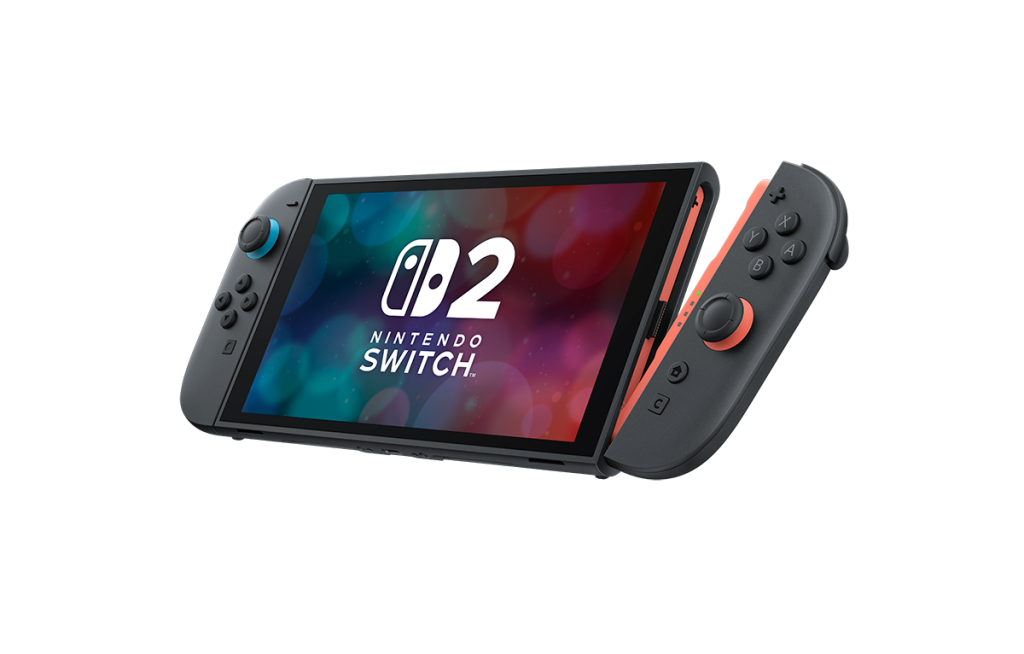The gaming community has been buzzing with news regarding the Nintendo Switch 2 and its robust measures against piracy. Nintendo is clearly taking a different approach with this latest console, attempting to rectify the vulnerabilities that plagued its predecessor. The original Nintendo Switch had a glaring weakness that allowed users to easily install pirated software; this was as simple as using a paper clip to dismantle the device. In response to this issue, Nintendo eventually released an updated model to mitigate this vulnerability, but the damage had already been done.
Strengthened Anti-Piracy Measures
With the launch of the Nintendo Switch 2, Nintendo has seemingly ramped up its efforts to deter piracy. Notably, one of the most controversial features introduced is the capacity to remotely “brick” the console. This means that if players are found using their Switch 2 in an “unauthorized” manner, they risk having their entire device rendered unusable, not just facing account bans. This power has been interpreted by many as an overreach by Nintendo. Despite the pushback from some users, the reality is that individual players find themselves with limited options to challenge or change Nintendo’s policies.
Legal Challenges in Brazil
The situation has escalated to a legal challenge in Brazil, where Procon-SP, the local consumer protection agency in São Paulo, is advocating on behalf of Brazilian Nintendo Switch 2 owners. Procon-SP has issued a press release stating that the contractual clauses allowing Nintendo to remotely disable consoles are “abusive.” They argue that this practice violates consumers’ rights because it enables Nintendo to cut off services that Brazilian customers have already paid for, and often without clear justification.
In a statement regarding the ongoing situation, Procon-SP has requested that Nintendo amend the wording in its End User License Agreement (EULA). The current EULA contains the alarming clause, “You acknowledge that if you fail to comply with the foregoing restrictions, Nintendo may render the Console and/or the Software permanently unusable in whole or in part.” This clause has raised eyebrows and has been pointed to as a key concern in the ongoing discussions about consumer rights in digital purchases.
Nintendo’s Response and Future Implications
Nintendo has acknowledged Procon-SP’s complaint and has stated that it will review the issue and provide a response within the next 20 days. The outcome of this review will be crucial not only for Brazilian consumers but could also set a precedent for how Nintendo and other companies handle similar issues globally. Should Procon-SP escalate this matter to legal action, it might compel a broader reevaluation of digital rights and consumer protections across the gaming industry.
As the gaming landscape increasingly shifts toward digital ownership and online services, these legal challenges underscore the importance of clear and fair consumer agreements. In a world where players invest not just money but also time and emotional energy into their gaming experiences, understanding the ramifications of contractual agreements becomes vital.
Interestingly, Nintendo is not alone in facing scrutiny over its digital policies. Other companies, such as Sony and Microsoft, have also encountered legal issues concerning their licensing terms and online service practices. This broader trend reflects a growing awareness among consumers about their rights in an increasingly digital marketplace.
Community Reaction
The gaming community has had mixed reactions to Nintendo’s anti-piracy measures. While many understand the need to protect intellectual property and combat piracy, there is also concern about corporate overreach that may infringe on consumer rights. A survey conducted by Statista found that approximately 60% of respondents felt that measures like console bricking were too harsh, considering legitimate users could be affected by a system that’s designed to target only pirates.
In light of these developments, the broader implications for the gaming industry are significant. Digital rights management (DRM) practices continue to evolve, and how companies like Nintendo navigate these waters will likely influence future legislation and consumer relations. As Procon-SP moves forward with its advocacy, the industry watches closely, knowing that the outcome could shape the future of gaming rights and protections.

